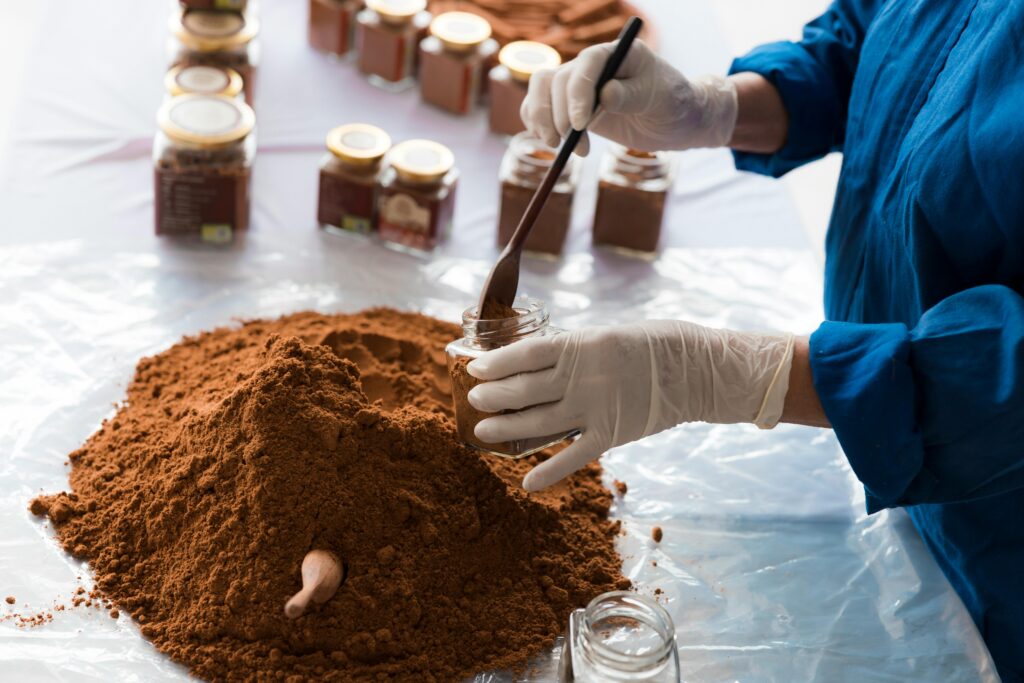Gut Health and microbiome in the human body
what is the gut?
The gut is Your gastrointestinal system—including your stomach, intestines, and colon—they perform the following functions:
Digesting the food you eat
Absorbing nutrients to fuel your body
Excreting waste to keep you feeling light and clean
Humans have discovered a lot including complex technology, going to the moon, and more but hardly anyone adventures into their gut. Our gut greatly influences our health, including how we feel, our weight, our immune system, and the diseases we get. the gut is more than just a part of your body, It’s your powerhouse for health and life! When your gut works at its best, so do you! A healthy gut is your secret weapon, from boosting energy and strengthening immunity to enhancing mood and focus. In this article, we will discuss our gut health,the microbiome that lives there, and their benefits in our body.
Recently, there have been many health questions been asked such as;
- How do I know what my body needs?
- Do I have to include supplements in my diet?
- why is obesity on the rise?
- why is there an increase in stress, depression, and anxiety?
- what do you mean by eating healthy?
Do we have problems with our gut from time to time? Yes, Everyone differs in challenges related to the gut such as allergies to certain foods, bad mouth odor, response to certain medications, no results when trying to lose weight, and the problem of not feeling hungry, etc. If you look clearly at the gut, all these questions become easier to answer and understand, Diseases and health challenges are all related to the gut. The good thing is that the gut is flexible it changes when we change what we consume.
For all these things microbiomes are the key to that. One simple tip for the stomach includes;
If you have a lot of air in your stomach and want to get it out just lay on your left side
microbiomes in the gut
Did you know we don’t digest on our own? we need microbes for proper digestion.
Microbes are microorganisms living in our body, such as bacteria, viruses, etc., while a microbiome is simply the collection of microbes.
Most people think bacteria are bad, but research shows that 99% of them don’t do anything to us furthermore they tend to help us. Some have more essential roles than we can imagine such as digesting our food, and helping to quiet inflammations. Bacteria train our immune to respond to bad organisms that may have a consequence on our health. They even produce chemicals that we cannot. Microbes can shape hormones, make us feel hungry or full, and communicate with our brain and other organs for good body performance.
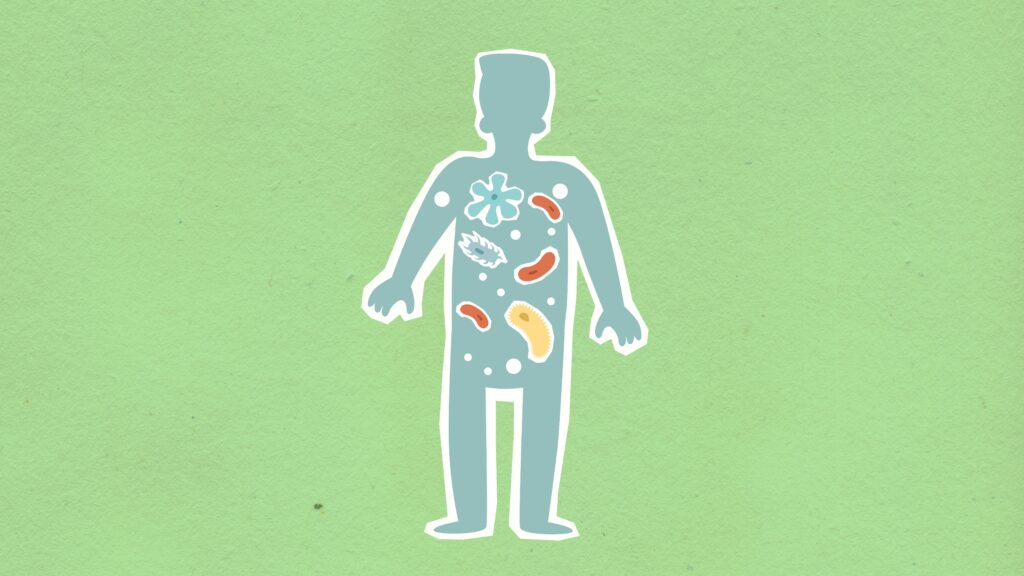
Approximately 70% of our immune system lives in our gut.
where does our microbiome come from?
As children, microbes appear once you enter the world, when they are born naturally, they’re exposed to bacteria in the mother’s vagina and the anal area. After that, they start making a habitat to live as well as for other microbes.
We can change our microbiome through changes in our diets and lifestyles. The industrialized microbiome is probably unhealthy and may be pushing us toward many of the most common and serious diseases that could result in chronic diseases such as diabetes.
What leads to decreased microbiome diversity
recently many factors contributed to the disappearance of our microbiome, it’s upon us to make effective decisions towards restoring them. Below are some of the factors that lead to the decrease in microbiome:
- Changes to our environment
- the western diet
- the way babies are born, C-sections, and baby formula
- sanitation and antibiotics
Study shows we have lost hundreds of species in our gut, have gone extinct. the crucial thing to do here is to determine the health of the microbial community in your diet. There are major nutrient deficiencies in a typical diet that are considered healthy. Currently, in the United States, nearly 60% of all calories eaten are ultra-processed food, that has been stripped of all nutrients of original natural ingredients and added in all types of chemicals and large amounts of sugars. People are often confused about what to eat because the products are meant to look healthy by adding labels in the packets eg low-calories, extra vitamins, low-fat and cholesterol, Toxin free.
Below are The WHO has health reports on certain diseases, providing critical data and insights into global health trends.
- 42% of the United States population have obesity
- 11 % have diabetes
- 47% have hypertension
- 11% have food allergies
What makes the microbiome healthy
few fibers from vegetables and fruits every day. unfortunately, Most people cannot manage this simple tip of consuming 28 fiber dietary per day.
FDA recommendation for fiber
28g
average Fiber consume
15g
why should I eat vegetables?
consuming a diversity of plants can aid in feeding microbes. Veggies contain many organic nutrients that are suitable for our bodies.
Also, consume Fermented food which turns out to be the original probiotic.
try the plant-based diet

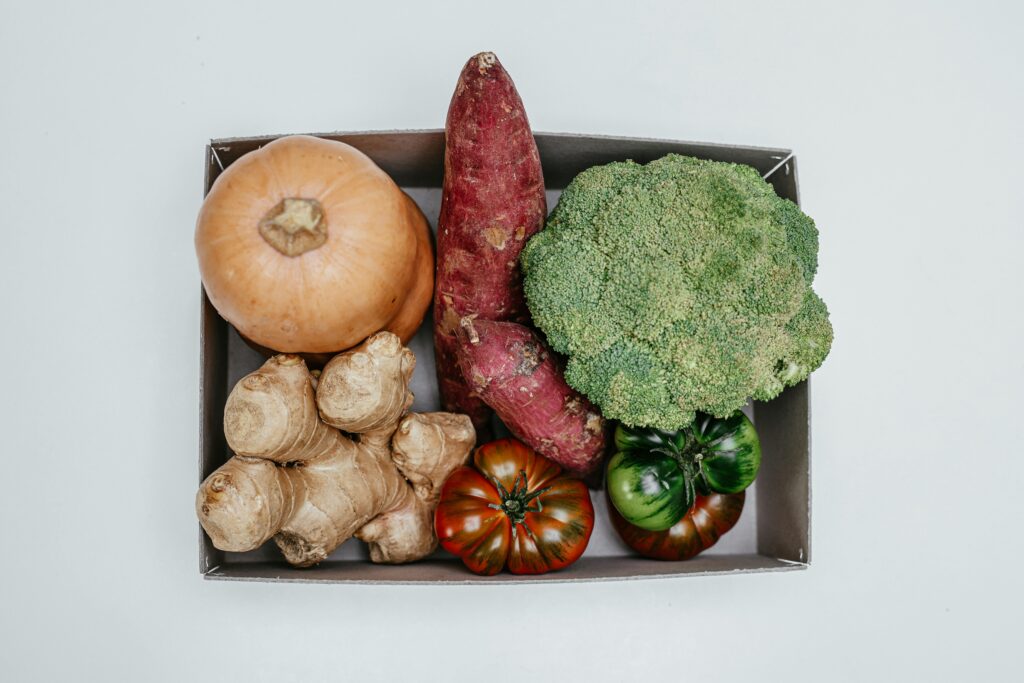
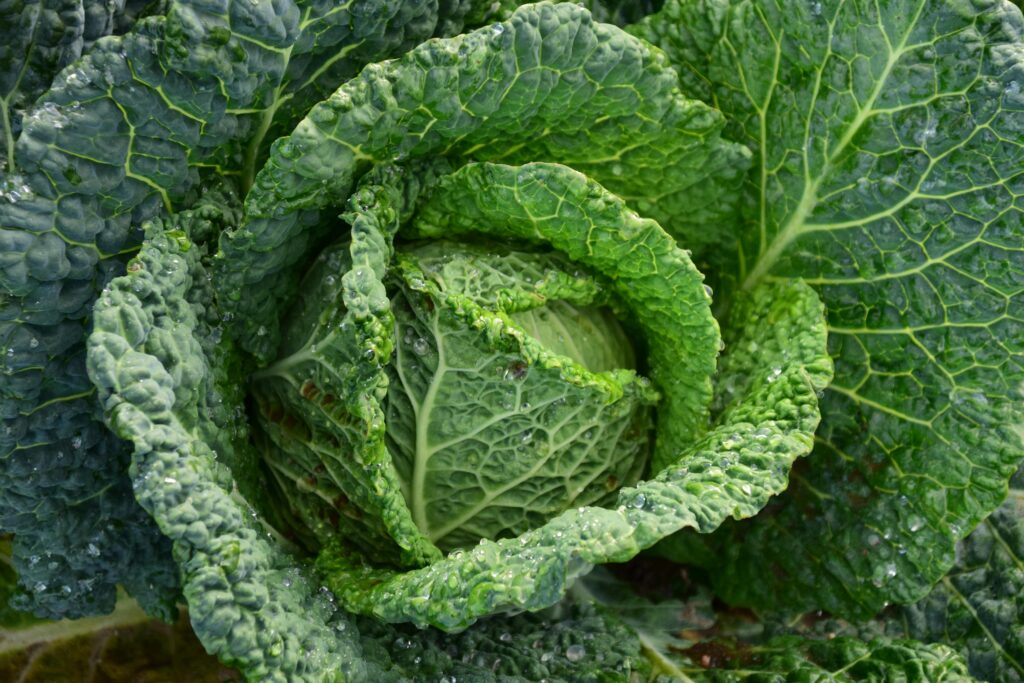
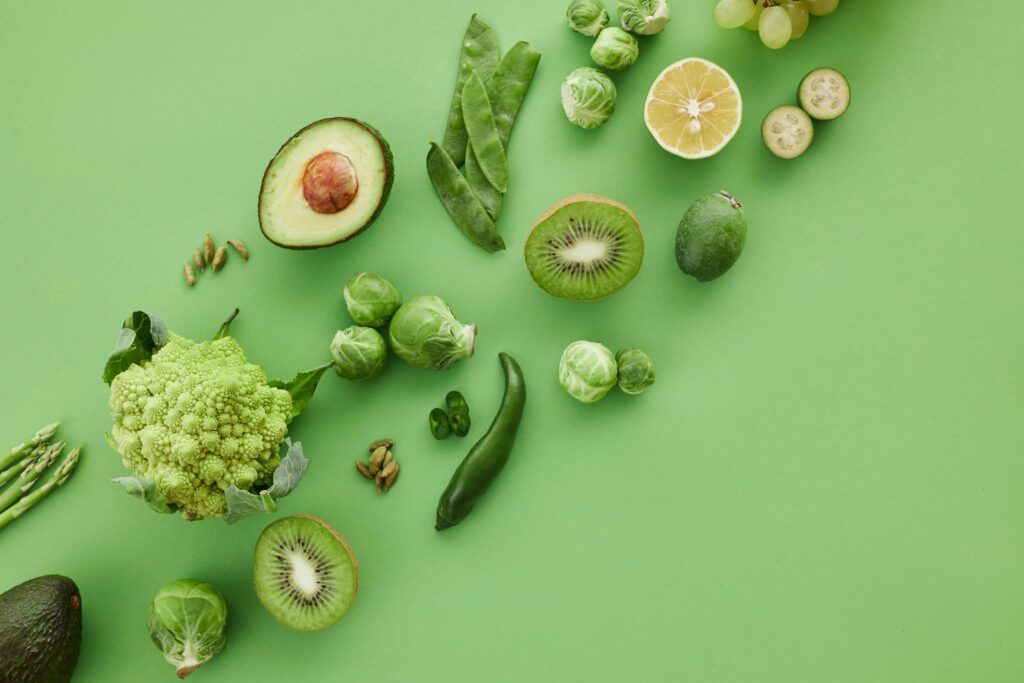
processed food vs vegetables
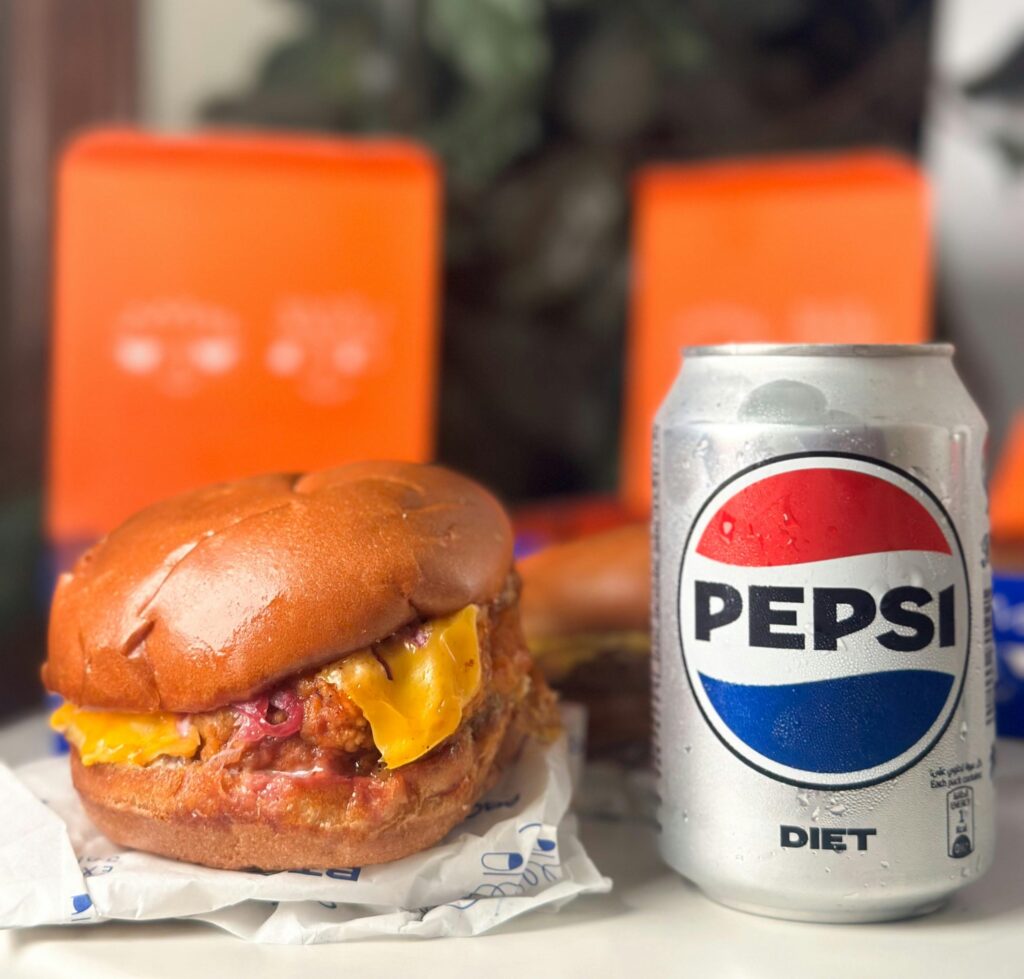
processed food when eaten, within the first centimeter of the small intestine, it’s usually taken up in the blood, causing a surge in sugar levels in the bloodstream. so the body has to pack them in cells fast and push them everywhere, thus straining the body
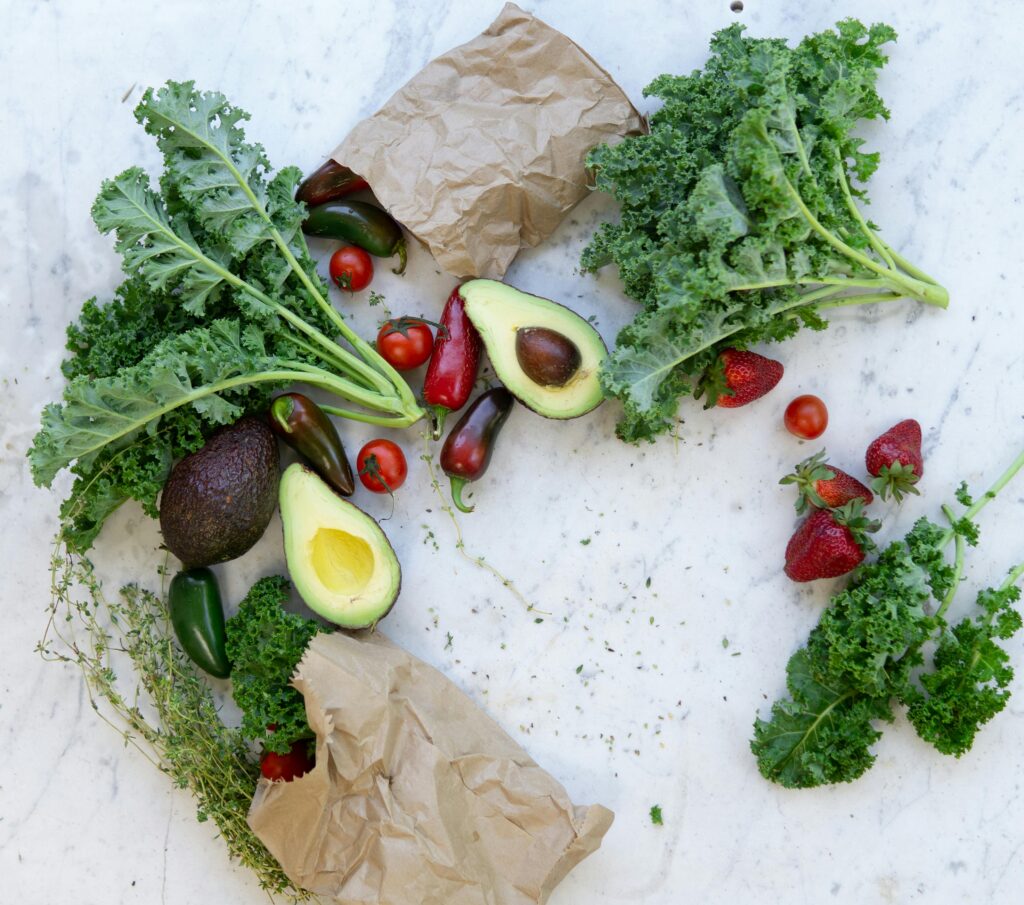
Fibre in vegetables is stable, when eaten, it is always taken up in bits and goes further, in bits and it would even land in the colon and be a good source of food for the microbes there.
what happens if we don’t consume enough fiber to feed microbes
If you ain’t feeding your gut microbes dietary fiber, the microbes will start eating you. Even though they are helpful in the body, they are still microbes they should feed to survive. So, there is always a boundary that is produced by mucus. The mucus wall is used because it’s slightly permeable to allow nutrients and everything that can come through, but microbes are held a bit distant. So if you stop consuming gut fiber, the microbes start eating the mucus lining and gradually they deplete it. The bacteria will start going into the body, to places where they are not supposed to go. That’s when immune cells that reside there see and go into defense mode and this causes inflammation, and changes in the microbial composition of your gut. This is one of the things that causes many diseases such as inflammatory bowel disease.
Our guts act as our second brain; however, there is also communication between the brain and our belly. Think of the brain and gut as BFFs, so if either one is not working the other eventually follows suit. They allow us to enjoy food, and tell us what to eat, when to eat, and when to stop eating.
Note that: microbes cannot affect your brain but it’s the food you eat that affects microbes that can affect your brain.
What would you say if a doctor told you someone’s feces could save your life?
A fecal transplant is the transfer from someone else into the body of an infected patient. It has a 90% success rate for curing diseases. Read more in our articles about Fecal transplant
conclusion
Everyone can be their pharmacist by simply picking the right food to eat. If you want a simple rule to follow, just remember what the generations before us ate. They mostly depended on their farms for vegetables, fruits, nuts, beans, and cereals.
Reconnecting is more about listening to your body. every interference of our body functions is often communicated through physical feelings.

